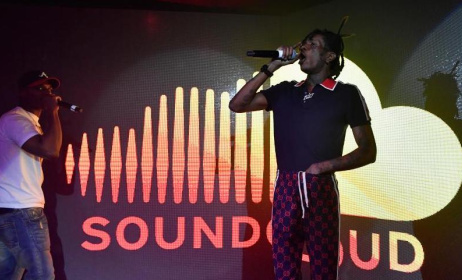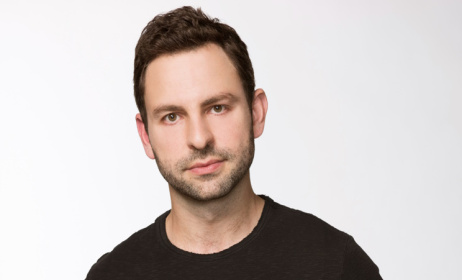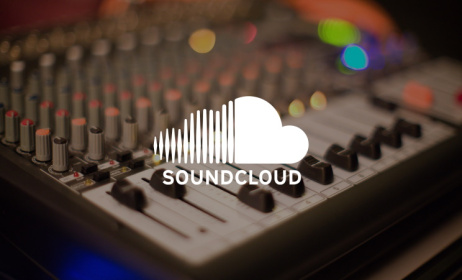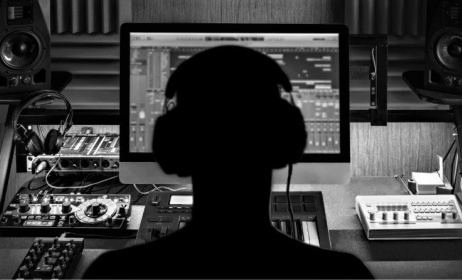SoundCloud fan-powered royalties model returns ‘500% more’ to Portishead
SoundCloud’s fan-powered royalties payment model has returned more than 500% – or over six times – the royalties for British band Portishead’s ‘SOS’ cover than it would have generated on streaming services like Spotify that use a pro-rata system.
 Portishead.
Portishead.
When SoundCloud launched its direct-to-artist payment model, which is based on user engagement, the company claimed that it would provide a “more equitable and transparent way for emerging and independent artists to earn money.”
The Bristol trip hop band tested the user-centric model with the exclusive release of the ABBA cover on SoundCloud in July. Following the release, SoundCloud told Pitchfork that “in less than a month, ‘SOS’ earned more than six times the revenue it would have under a pro-rata model”.
The track has amassed more than 146 000 plays on SoundCloud, but no further data on the payout were provided. However, SoundCloud says “full aggregation of market-live payout data is pending over the coming months”.
Portishead’s Geoff Barrow told Pitchfork: “I didn’t expect huge amounts of people to listen. It was more about getting the idea out that you could stream music and it could make money ... It’s the difference between being able to order a pizza and someone actually paying the rent.”
At launch, the band voiced its support for SoundCloud’s fan-powered model. “This is great news for up-and-coming musicians and artists working outside popular music genres,” Portishead wrote on Twitter. “If you are a music fan we would recommend using them over other platforms as this is a fairer system for musicians to make a living. We also look forward to working with SoundCloud in the future.”
Instead of pooling income and then distributing royalties as a portion of total streams, which benefits big artists, SoundCloud’s fan-powered royalties model is centred on users whose subscriptions and activity go directly to artists they engage with on the platform.
Spotify pays artists between $.003 and $.005 per stream, which is slightly less than Apple Music, but more than rival services like YouTube and Pandora.



























Commentaires